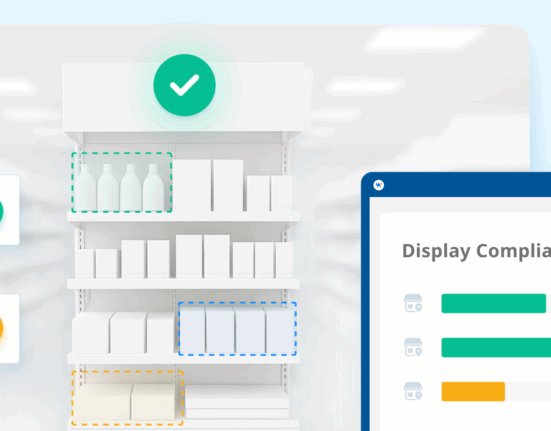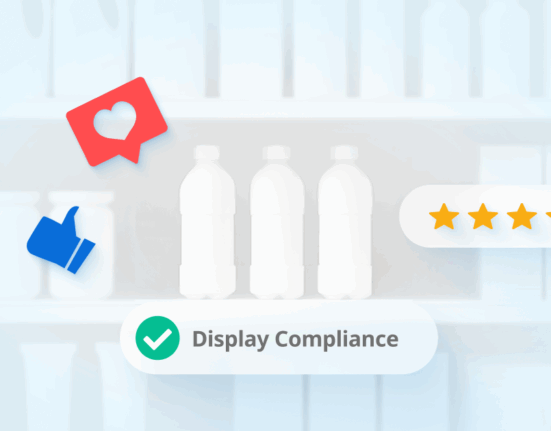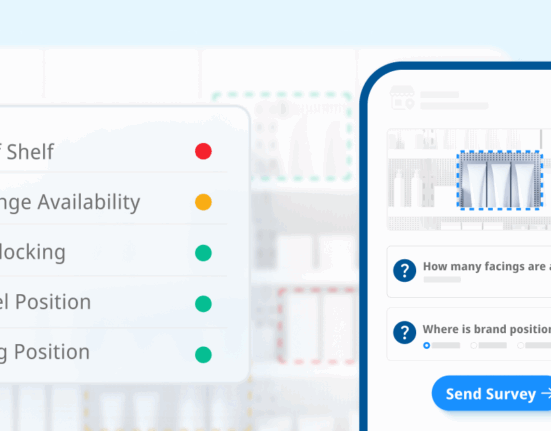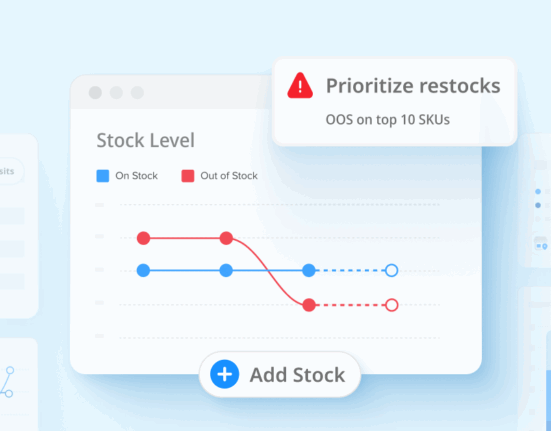In the era of digital transformation, brands face an increasingly complex web of content compliance obligations.
As the guardians of your brand’s online presence, understanding the critical importance of monitoring content compliance is paramount. This blog post explores the essence of content compliance and why it’s crucial for your brand.
What is Content Compliance?
At its core, content compliance involves ensuring that all brand-related content—whether it’s on your website, social media platforms, or eCommerce listings—adheres to legal standards, industry regulations, and platform guidelines.
This encompasses a wide array of considerations, from copyright and trademark laws to advertising standards and data protection regulations. For brands, content compliance is not just about legal adherence; it’s about maintaining the integrity and trustworthiness of your brand in the digital marketplace.
Content compliance is essential for a multitude of reasons, with a significant impact on elevating your product pages’ effectiveness being among the foremost. This exploration delves into the importance of maintaining current and precise content across all platforms, underscoring its fundamental role in fortifying your brand’s presence and success.
Boosting Product Page Performance
Updating your product pages on a regular basis through methods like keyword optimization, integrating customer feedback into descriptions, or strategically positioning your products in comparison to competitors is aimed at driving increased traffic and enhancing conversion rates.
Prompt updates are crucial; any delay can negatively impact your revenue as well as that of your retail partners. It’s in both your interests to showcase your products in the best possible manner across all channels.
Avoiding Customer Misdirection with Up-to-Date Content
It’s common for products to evolve—whether it’s through the release of new versions, the addition or removal of features, or style updates.
When these changes occur, it’s possible that existing product visuals and copy may no longer be accurate, potentially leading to customer confusion about what they are purchasing. This discrepancy can increase returns, complaints, and negative feedback, negatively impacting both you and your partners.
Therefore, it’s imperative to update product pages to reflect these changes to avoid misleading customers. Prompt compliance with new guidelines by sellers, especially for significant updates, is crucial to ensure customers have correct expectations about their purchases.
Ensuring Brand Consistency Across eCommerce Platforms
Achieving a consistent representation of your brand across the vast landscape of eCommerce platforms presents its own set of challenges.
With possibly thousands of products listed across a wide array of retailers, wholesalers, resellers, and marketplaces, it’s vital to ensure a cohesive brand experience. Your customers need to be confident that they are interacting with the same brand, irrespective of where they find your products.
The Broader Benefits of Content Compliance
Content compliance is not merely a regulatory checkbox but a strategic advantage that enhances brand integrity, operational efficiency, and customer engagement, ultimately contributing to sustained business success. Here are a handful of examples:
- Brand Protection: In today’s digital marketplace, your online content often serves as the first point of interaction with potential customers. Ensuring this content is compliant safeguards your brand against legal issues and upholds your reputation for dependability and integrity.
- Building Consumer Trust: In an era where consumers are more knowledgeable and selective, they expect brands to deliver quality products and engage in ethical, compliant business practices. Showcasing your dedication to compliance can significantly boost consumer trust and loyalty.
- Enhancing Operational Efficiency: Implementing effective content compliance monitoring allows brands to avoid the costly procedures associated with rectifying compliance violations post-factum.
- Gaining a Competitive Edge: In a saturated market, brands that consistently exhibit a commitment to ethical practices and compliance can stand out, attracting a more engaged and loyal customer base.
Leveraging Content for Compliance and Engagement
In today’s digital ecosystem, content is used not just for direct marketing but also for engagement, education, and brand-building. Effective content compliance strategies ensure that all content, across every platform, aligns with legal requirements and reflects the brand’s values.
This involves:
- Consistent Monitoring and Auditing: Regular reviews of content across all digital platforms to ensure ongoing compliance.
- Training and Education: Equipping your content creators and marketers with the knowledge and tools they need to produce compliant content.
- Technology Utilization: Employing advanced software and tools that can automatically monitor content and flag potential compliance issues for review.
Conclusion: A Call to Action for Brands
In the digital landscape, the importance of content compliance cannot be overstated. It’s a crucial component of maintaining your brand’s integrity, protecting against legal risks, and building trust with your audience.
As such, it’s imperative for brands to take a proactive approach to content compliance, leveraging technology and best practices to ensure that all digital content aligns with regulatory and platform-specific guidelines.
By doing so, brands can safeguard their reputation, optimize operational efficiency, and secure a competitive edge in the digital marketplace. Remember, in the realm of content compliance, prevention is always better than cure.









